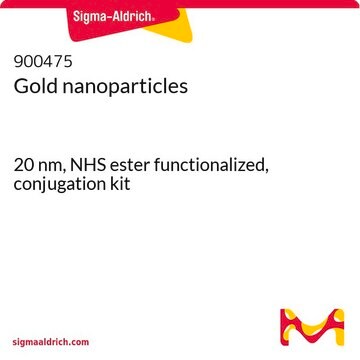AB6046
Anti-Cytoplasmic FMR1-interacting protein 1 Antibody
from rabbit, purified by affinity chromatography
Sinónimos:
cytoplasmic FMR1 interacting protein 1, Specifically Rac1-associated protein 1, cytoplasmic FMRP interacting protein 1, cytoplasmic FMR1-interacting protein 1, selective hybridizing clone
About This Item
Productos recomendados
biological source
rabbit
Quality Level
antibody form
affinity isolated antibody
antibody product type
primary antibodies
clone
polyclonal
purified by
affinity chromatography
species reactivity
mouse, human
species reactivity (predicted by homology)
bovine (based on 100% sequence homology), rat (based on 100% sequence homology), primate (based on 100% sequence homology), rhesus macaque (based on 100% sequence homology)
technique(s)
immunocytochemistry: suitable
western blot: suitable
UniProt accession no.
shipped in
wet ice
target post-translational modification
unmodified
Gene Information
human ... SRA1(10011)
General description
Immunogen
Application
Cell Structure
Signaling
Cytoskeletal Signaling
Immunocytochemistry Analysis: 1:500 dilution from a previous lot detected Cytoplasmic FMR1-interacting protein 1 in NIH/3T3, HeLa, and A431 cells.
Quality
Western Blot Analysis: 1 µg/mL of the antibody detected Cytoplasmic FMR1-interacting protein 1 on 10 µg of HeLa cell lysate.
Target description
Physical form
Analysis Note
HeLa cell lysate
Other Notes
Disclaimer
¿No encuentra el producto adecuado?
Pruebe nuestro Herramienta de selección de productos.
Storage Class
12 - Non Combustible Liquids
wgk_germany
WGK 1
flash_point_f
Not applicable
flash_point_c
Not applicable
Certificados de análisis (COA)
Busque Certificados de análisis (COA) introduciendo el número de lote del producto. Los números de lote se encuentran en la etiqueta del producto después de las palabras «Lot» o «Batch»
¿Ya tiene este producto?
Encuentre la documentación para los productos que ha comprado recientemente en la Biblioteca de documentos.
Nuestro equipo de científicos tiene experiencia en todas las áreas de investigación: Ciencias de la vida, Ciencia de los materiales, Síntesis química, Cromatografía, Analítica y muchas otras.
Póngase en contacto con el Servicio técnico







